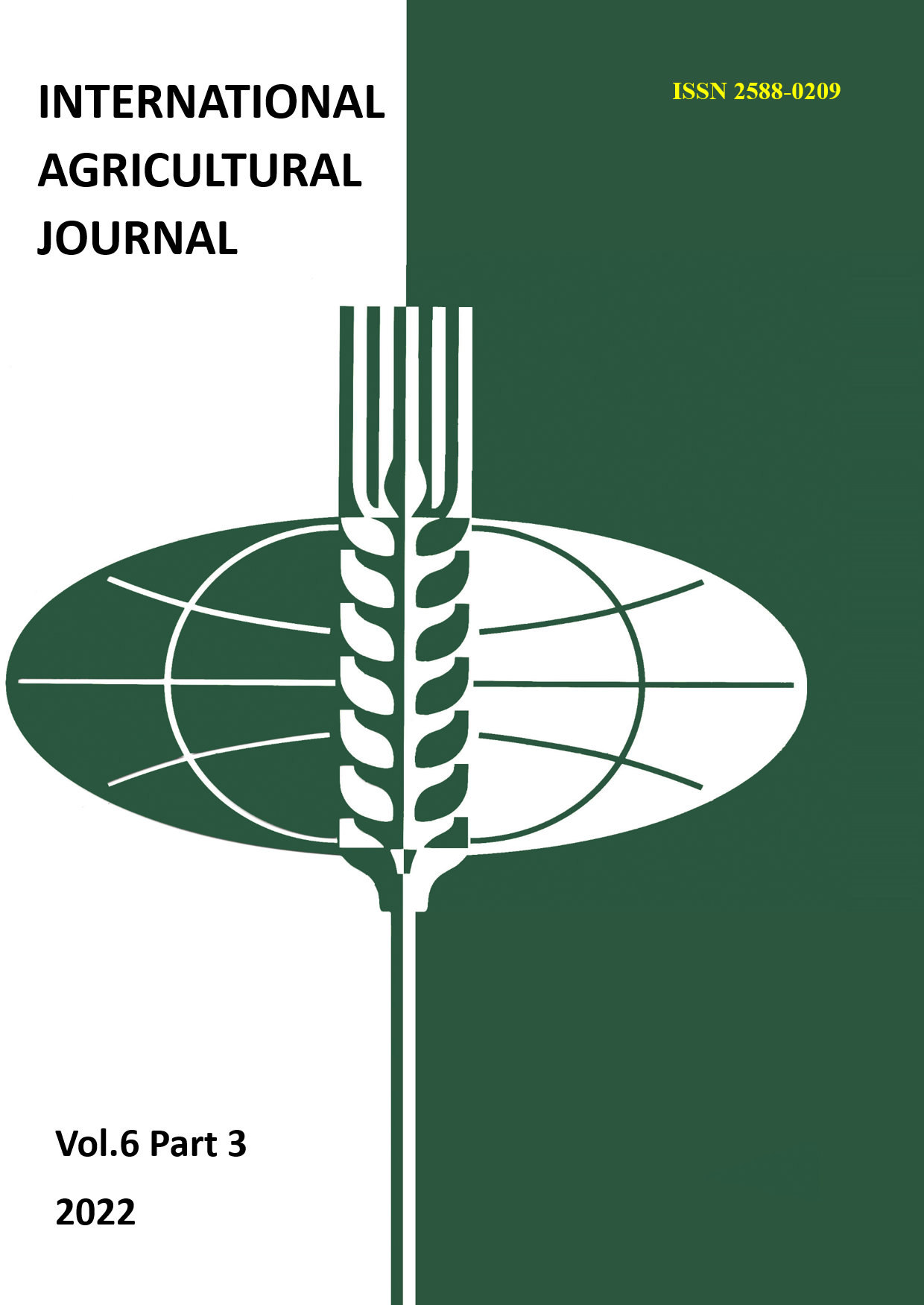ON-DEMAND ECONOMY: AGILE TRANSFORMATION OF SELF-EMPLOYMENT IN THE DIGITAL ENVIRONMENT
Main Article Content
Abstract
The core trends in modern digital transformation are the disintermediation and advance of digital platforms. In the particular area of labor and entrepreneurship, these phenomena lead to the emergence of hybrid forms of employment, own-account work through digital platforms, and the transformation of the labor relationship into self-employment. Thus, the employer is being excluded from the relationship, and the consumer takes his place. The digital transformation of labor is giving rise to a new type of economy - the gig economy.
The purpose of the presented article is to identify the factors of the digital transformation of labor into self-employment. As a part of the total solution, the following research tasks have been completed: the concept of the gig economy has been identified with the subsequent targeting of the trends that affect digital transformation at the confluence of hired labor and entrepreneurship; the particular area of self-employment resulting from the digital transformation of labor and individual entrepreneurship has been identified as a subject of research; also the legal and technical outline of the digital environment of self-employment has been studied.
Article Details
References
2. Chesalina O.V. Rabota na osnove internet-platform (2017). [Work on the Basis of Internet Platforms (Crowdwork and Work on Demand via Apps) as a Challenge to Labor and Social Law] // Journal ‘Labor Law in Russia and Abroad’, no 1, pp. 52-55.
3. World Development Report 2019 : The Changing Nature of Work // Washington [https://openknowledge.worldbank.org/bitstream/handle/10986/30435/211328RU.pdf?sequence=34&isAllowed=y] (accessed on 19.01.2021)
4. Bögenhold D., Klinglmair R., Kandutsch F. (2017). Solo Self-Employment, Human Capital and Hybrid Labour in the Gig Economy // Foresight and STI Governance, Vol. 11, no 4, pp. 23–32. DOI: 10.17323/2500-2597.2017.4.23.32
5. Prassl J. (2018). Humans as a service. Oxford University Press. [E-source] Kindle Version (accessed on 10.01.2020).
6. Egorova М., Marcello D'aponte, Ponomareva D. & Minbaleev A. The Impact of Digitalization on the Enterprise System: Russia and Italy and the Discipline of Smart Working Between Constraints and Opportunities // LEXONOMICA, Vol. 13, no 2, pp. 151–166, December 2021/
7. Mobile Generation or What Happens to the Labor Market: Research of YouDo.com, RAEC, RANEPA // [https://youdo.com/files/Youdo_Report-Online_Generation.pdf] (accessed on 05.02.2021)
8. Harris S. & Krueger A. A proposal for modernizing labor laws for twenty first century work: the «independent worker» // Hamilton Project Discussion Paper. 2015, no 10.
9. Kaminska I. The sharing economy will go medieval on you // Financial Times. 21 May 2015.
10. Rosenblat A. & Stark L. (2016). Algorithmic labor and information asymmetries: a case study of Uber’s drivers. // International Journal of Communication, no 10.
11. World Economic Forum. The Future of Jobs Report 2020 OCTOBER 2020 // [http://www3.weforum.org/docs/WEF_Future_of_Jobs_2020.pdf] (accessed on 25.01.2021)
12. Official website of the Federal Tax Service of Russia, ‘Self-employment Tax’ // [https://npd.nalog.ru/app/ ] (accessed on 03.02.2021)
13. Tsindeliani I.A. Finansovoe pravo v usloviyakh razvitiya tsifrovoi ehkonomiki.Tsindeliani I.A. (2019) [Financial Law in the Development of the Digital Economy] – Moscow: Prospekt, p. 320 // [E-source] Consultant Plus legal reference system (accessed on 03.02.2021).
14. Sundararajan. A. (2016). The Sharing Economy: The End of Employment and the Rise of Crowd-Based Capitalism. MIT Press. 2016.
15. Blazheev V. & Egorova M. (2021). Transformatsiya modelei pravovogo regulirovaniya ob"ektov innovatsionnoi infrastruktury v sovremennom prave. Rossiiskii i zarubezhnyi opyt. [Transformation of models of legal regulation pertaining to the objects of innovation infrastructure in modern law: Russian and foreign experience / Ed. by V.V. Blazheeva and M.A. Egorova] // Moscow: Prospekt, 2021.
16. Interv'yu s K.V. Novoselovym: Zakon o samozanyatykh prinyat dlya legalizatsii samozanyatykh, no ego nel'zya ispol'zovat' dlya umen'sheniya nalogooblagaemogo dokhoda (2019) [Interview with K.V. Novoselov: The law on self-employed was adopted to legalize self-employed people, but it shouldn’t be used to reduce taxable income] // Journal of Administrative Law, no 3, pp. 37-44.

